Despite the overwhelming capabilities of modern supercomputers and artificial intelligence, none of the existing technologies has ever stood next to the brain that is in our heads. But the rapid growth of computing speeds and the emergence of more and more advanced algorithms for remote data processing raise a very interesting question: will we one day be able to upload our minds to the cloud?
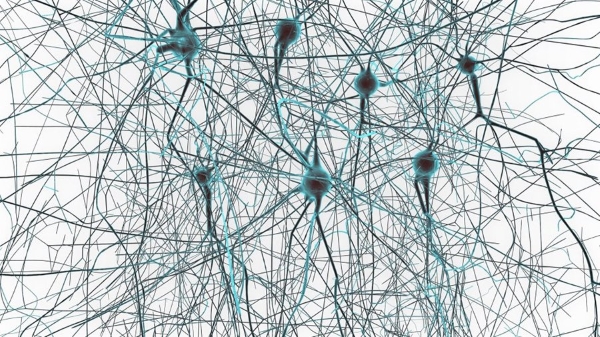
Imagine the display of all the data in your head is comparable to the data that is stored on many servers around the world today – similarly, our minds can live forever in carefully cooled data centers. It sounds like the beginning of a Hollywood sci-fi blockbuster, but today there are scientists working to bring this concept to life. 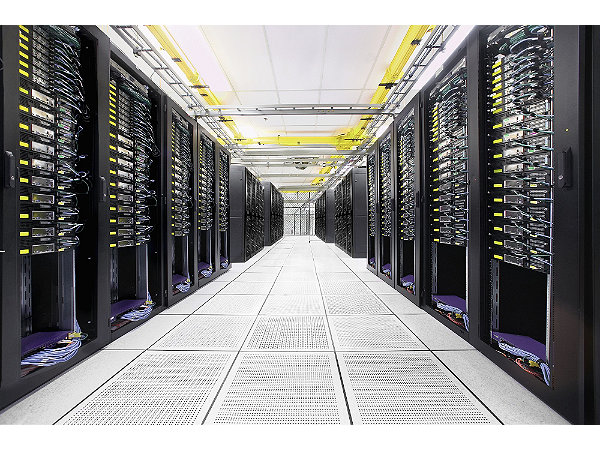
For example, the so-called 'Initiative 2045', the main sponsor and developer of which is the Russian billionaire entrepreneur Dmitry Itskov, who has been working on the issues of immortality and human development through modern technology since 2012. However, Itskov and his team are not going to immediately start uploading consciousness to the cloud. First, they want to build “avatars” to store the biological brain to contain it until the development of an artificial system that can fully replace the main human organ.
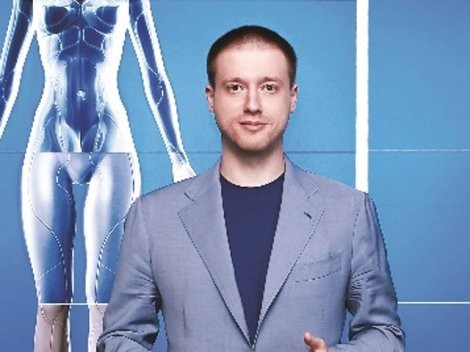
There is also the Foundation for the Preservation of the Brain (FSSM), a non-profit organization formed to study and address issues related to immortality and the preservation of our minds, including the construction of computer systems that can successfully simulate the millions of neurons working in human heads. Like Initiative 2045, the FSSM is engaged not only in finding a way to digitize consciousness, but also in a wide range of research: from developing healthy diets for the brain to creating a cryogenic environment for long-term storage of the biological brain.

The Swiss Federal Polytechnic School (EPFL), with its Blue Brain Project, is also worthy of mention, experimenting with rodents before moving on to transferring the human brain to the cloud.
We have about 86 billion nerve cells working in our heads, and their computer simulation will require huge computing power, and at this stage no one can imagine how these cells will interact with each other when they are transferred into a computer structure.

If we're going to do this, we need to know a lot more about the brain, build much more powerful and much smaller computers, and (if that's not enough) minimize the secrets of our consciousness.
Is it doable? And when?
“Based on our current knowledge of neuroscience, it is logical to assume that 'uploading' will be possible in the not too distant future,” says Michael Cerullo, psychoanalyst and senior researcher at the FSSM.
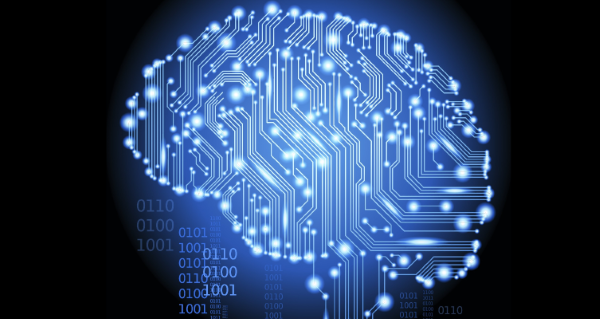
According to Cerullo, this is a matter of time and technical progress – the technologies necessary for scanning and emulating the brain already exist, they just need to become more powerful, advanced (for example, the human brain contains about 20,000 terabytes of information – a volume that is too much for modern storage devices).

“Of course, we need more experience in emulating consciousness, and today we are witnessing the emergence of this science, – says the expert, – it should develop rapidly along with the increase in the power of computational technologies and experiments with the construction of neural maps of animals, and then people.”
Also, the Foundation for the Promotion of Brain Preservation is launching a competition in which anyone can offer their technology for brain preservation. Those whose ideas are approved will receive a prize of $ 20,000 – thus increasing the chances that you (or at least your children) will have the opportunity to 'survive' for the foreseeable future.

Keith Wiley, a member of the Brain Digitization Council and author of taxonomy and mind uploading studies, also agrees that it is a matter of time before humans learn to upload their minds to the cloud. “I think that humanity will achieve its goal, that the digitization of the minds of billions of people is possible, because scientists clearly see their goal and are aware of the deadlines associated with its achievement.” Says Wylie.

“It is absurd to assume that such a civilization as humanity will not exist in 10,000 or in a million years,” she continues, “because of such relatively simple things as the lack of scientific and technical capabilities to upload consciousness to the server.” Predicting the future has always been difficult – just look at predictions 50 or 100 years ago to be sure. Cerullo and Wylie, however, are firmly committed to success in the camp.
Consciousness and computer chips
Other experts are not so sure. Neurologist Miguel Nicolelis argues “that the brain is too unpredictable and chaotic to be reproduced by technical means: even the largest supercomputers cannot accurately simulate something like the situation in the stock market.” In addition, the brain has a very complex and intricate structure.

“Even if you someday have the power of all the computers in the world, you still won't succeed.” Nicolelis is sure. His colleague Alex Carruth, a researcher at the University of Durham, asks a different question: will we be ourselves if we upload our consciousness to the cloud storage?
Saying goodbye to biological bodies
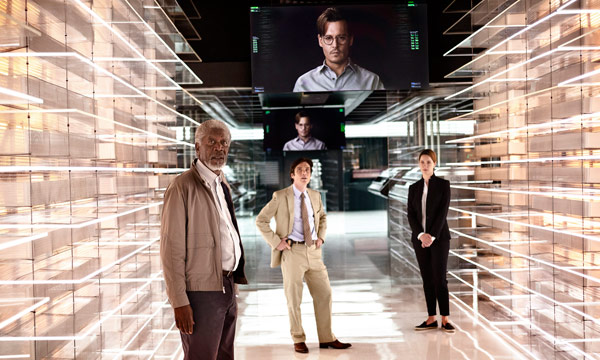
For most of us who do not have scientific degrees and special education, all of the above is a complex set of concepts and evidence that will be very difficult for an ordinary person to understand. But at the same time, it is an interesting ground for thought, both from a technical point of view and from a philosophical point of view: for example, can a person exist without his physical shell? Will there ever be a software and hardware base that can exactly duplicate and preserve the human brain?

Until we learn more about how the brain works and whether a computer can simulate it, we cannot say for sure that we will be comfortable living in virtual reality, or vice versa – that we will go crazy in the first five minutes of our 'non-biological' stay. . As mentioned above, almost all experts unanimously declare that the technology of loading the brain into the cloud will develop gradually, in small steps – but at the same time, none of the scientists can speak with 100% certainty about the exact timing of the storage of human consciousness at remote locations. servers.

The notorious Elon Musk said in a recent interview that “The possibility of actual immortality is, of course, realizable, but at the moment it is not feasible due to rather weak technical capacities, which will rapidly increase in the foreseeable future.”
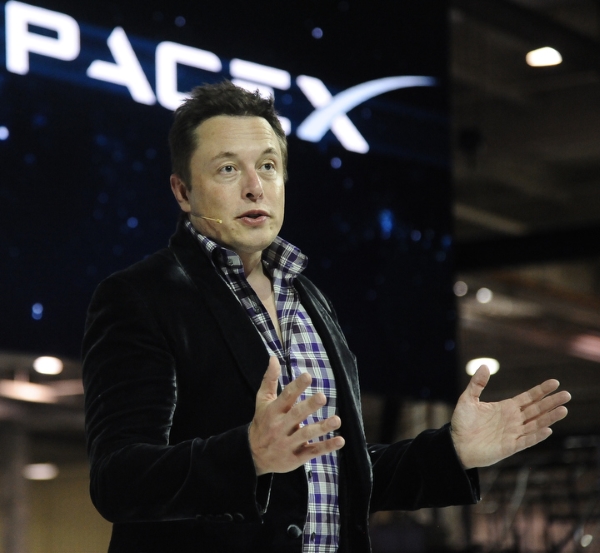
“It's pretty clear that in the long run there will be no attachment to the biological body,” says Keith Wylie. “The way of existence, habitual for millennia, will disappear completely, saving us from many mistakes, illnesses and rash decisions that have haunted us throughout the history of our civilization.”
